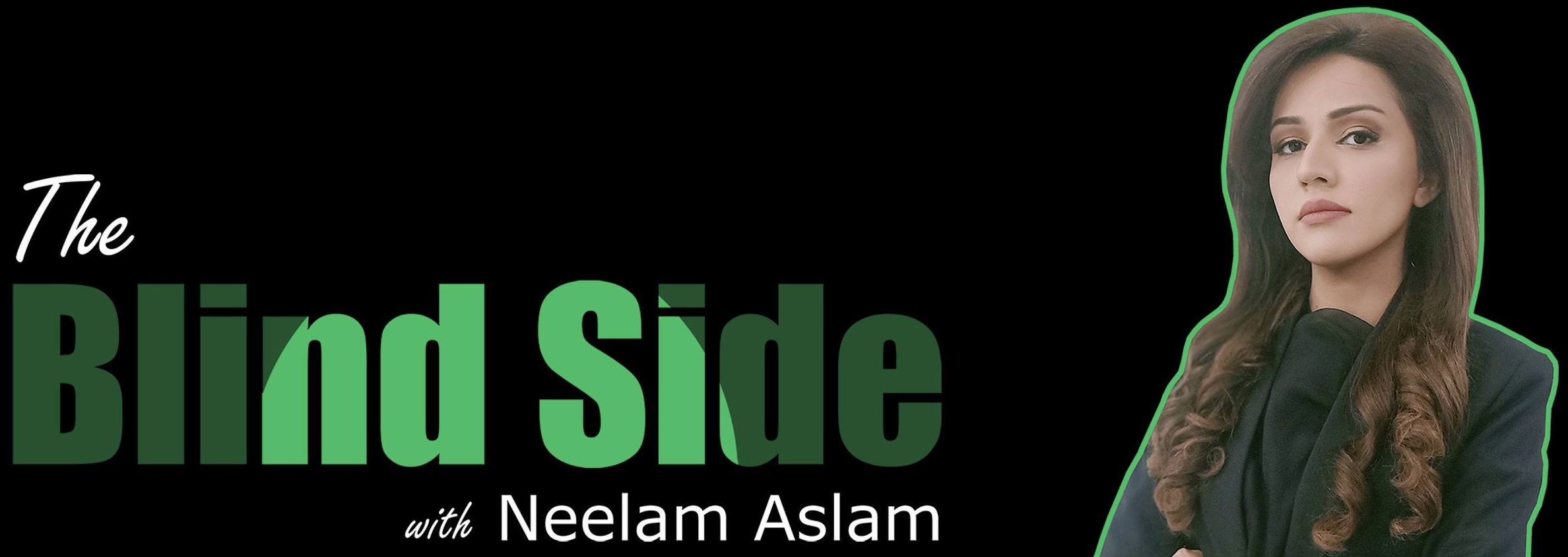Vanessa Warri is a transgender Nigerian-American researcher, strategist, and advocate, committed to the liberation, empowerment, and safety of Black transgender women, and marginalized communities existing at various intersections of oppression. Vanessa herself had a turbulent childhood like every other transgender. She left home at age of 14 and thereafter witnessed both foster homes and homelessness. This firsthand experience of the harsh realities of life leads to her realization of her life’s purpose. She made the development of fractured and forgotten communities her personal mission.
For 11 years she has provided empowerment-based direct services and education for transgender communities and youth.

Recently, Vanessa was interviewed by CNN’s award-winning reporter Chris James, in which she shared her experiences as a homeless and foster youth and her struggles as a transgender person of color.
Vanessa opened by reinstating:
My existence in itself is resistance, is activism. That’s how I like to move this world. Black transgender women rarely make it past 35.
Upon being asked about George Floyd’s tragic demise, she expressed her disappointment in the elements of society that let it happen.
I was in the middle of my spring quarter remotely, the height of the pandemic, been staying at home, feeling isolated. And the George Floyd thing happened. As a black individual, as a black trans individual, this really really hit home for me. I’ve first been watching and shaking my head at how we are allowing this to continue. I remember wondering is this it? Is this the moment?

The CNN reporter asked Vanessa where she had seen herself at the age she is today.
Growing up, I didn’t even have a concept of what life would be like thus far ahead, let alone doing what I am doing. It was a community that saved my life. As a black trans, a former foster mouth, and a formerly homeless young adult, to be invited to sit at a table of brilliant minds, it was incredibly empowering.
Vanessa is also the first black trans woman to be accepted at 5 years joint welfare program at UCLA. For the past 6 years Vanessa Warri has relentlessly pursued her education and now at 31 years old, is the first black transgender woman to be accepted at UCLA, focusing on social and economic justice, and mental health and wellness.

According to Vanessa:
There are my elders in the community who have fought, sacrificed, and advocated in the hopes that one day a young-trans person will be able to walk in spaces they could have. I’ve also been providing direct services. Taking my black-trans self into male correction facilities where transgender women were being housed. Just to let them know, somebody was thinking about them. I have engaged in community-based behavior and health interventions with trans folks of color for about 13 years.
White man’s burden, the color person savior.
They have never been intellectually cussed out by someone who looked like me but they are going to cut that check. One day made payable Vanessa Warrior Ph.D.
“I think it is the future in a lot of ways to simultaneously be producing scholarship, while at the same time creating opportunities for historically marginalized and excluded groups to take front and center stage.”

While Vanessa appreciated the growing support for “black trans lives matter,” she also expressed her concern over the adequacy of it.
It was absolutely overwhelming. I think we don’t get enough chances to see people show up for us. But we need more than that.
Upon being asked about Layleen Polanco, a transgender woman who died in police custody in Rickers Island, Vanessa said:
“I have done work in jails, doing re-entry work with trans woman. So I am not a stranger to Layleen’s story. Those people in Rickers Island failed Layleen Polanco. They were supposed to keep her safe.”
How do we create a world in which sisters don’t have to do that and mothers don’t have to bury their children just because they are different. Given that a lot of black trans folks don’t have their families and to see Layleen’s sister step up and hump into the movement full force, gave me hope.
Warri seemed hopeful for the future and to make a difference for other people of her kind.
“We have been left out for so many generations. As a young black transgender woman with my own dreams of how we can get this community to move forward, it is epic and can’t be stated enough, the importance of movements like this. We are looking at envisioning a future, for health clinics. When have we ever been able to do that? We are going to get to have for future generations what previous generations had only dreamed of.”







Leave a Reply